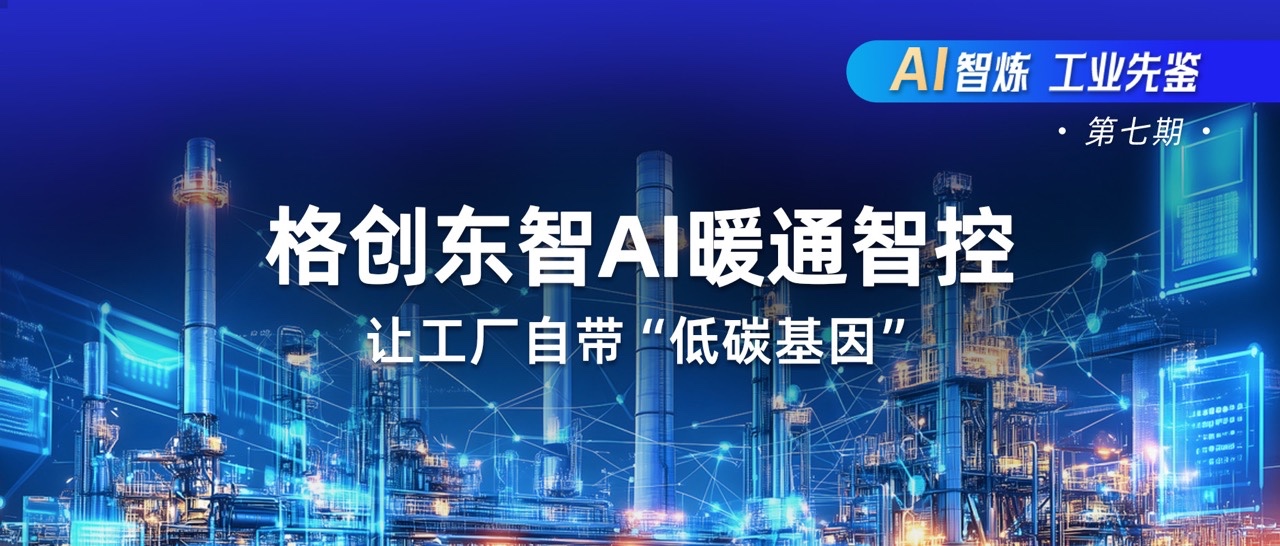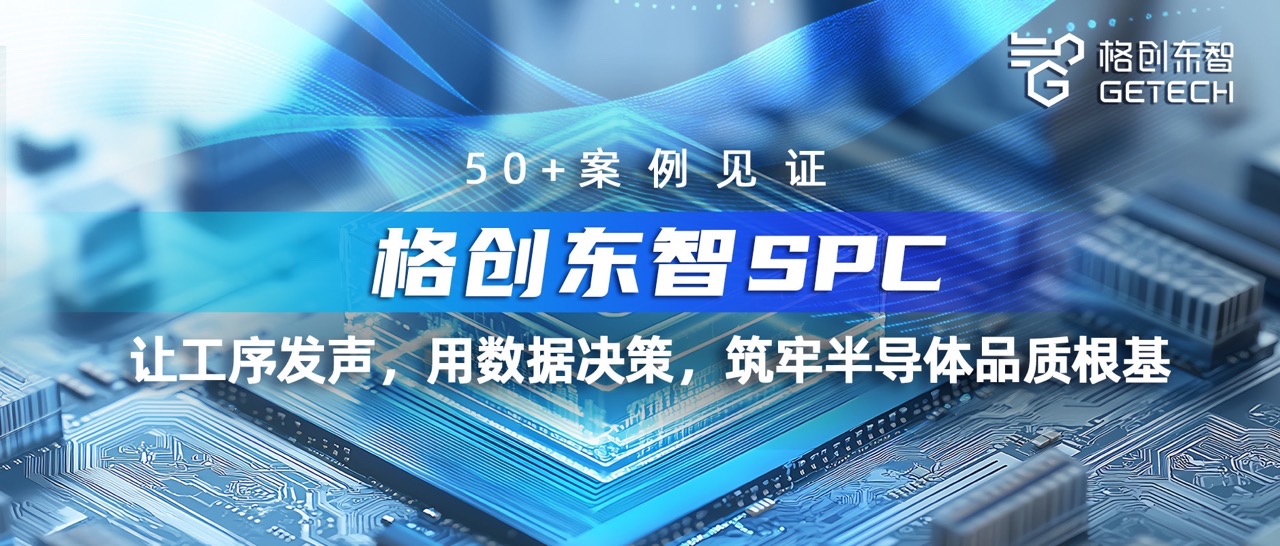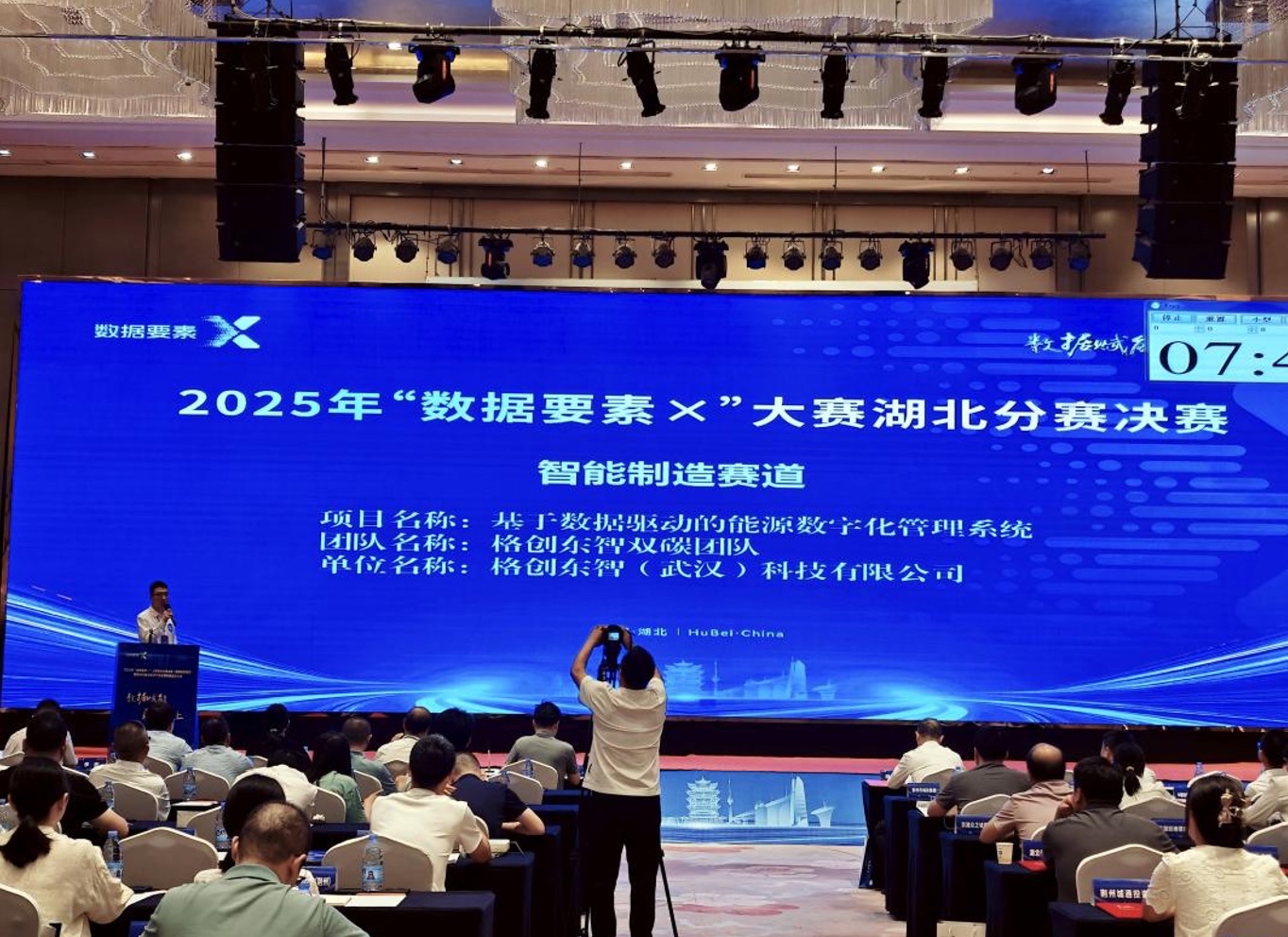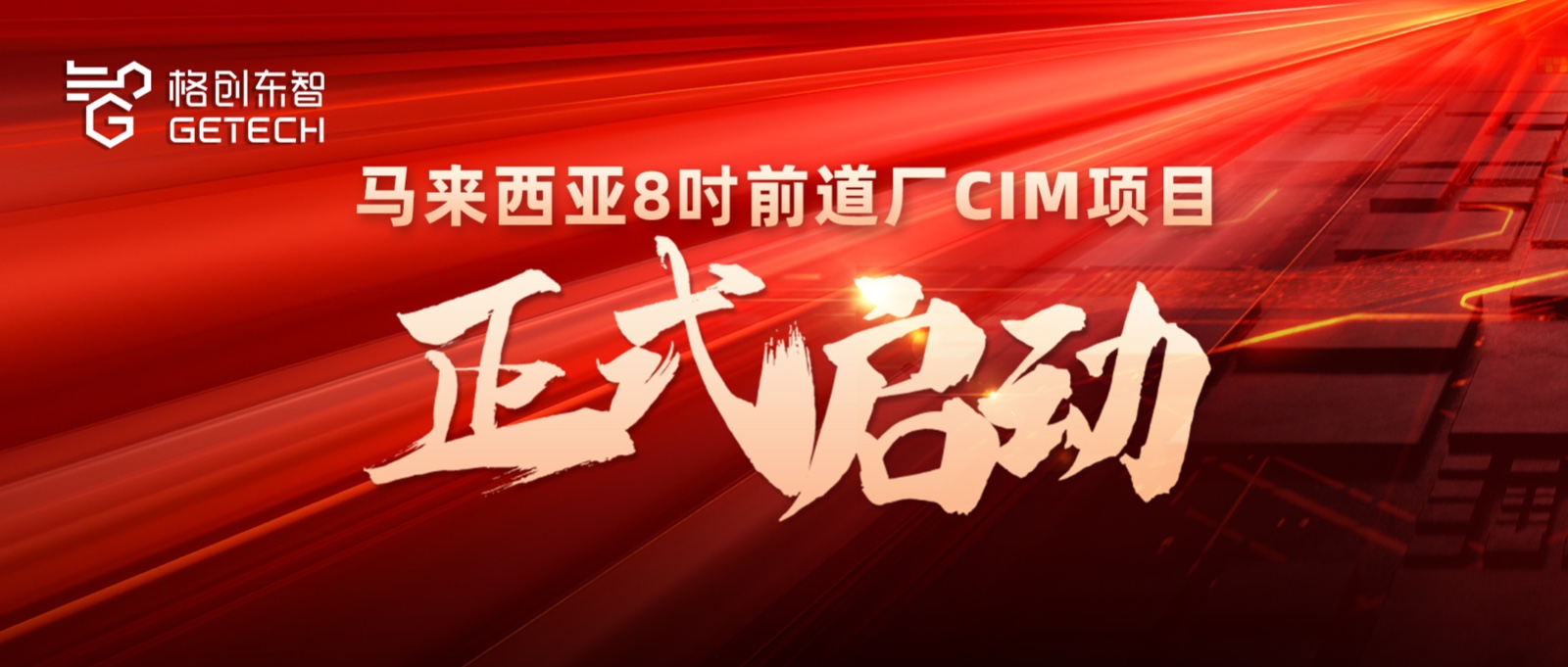GTRONTEC Appears at WAIC2025, Deeply Discusses Industrial AI Decision Revolution
From July 26-28, 2025, the highest-level global event in the field of artificial intelligence—the World Artificial Intelligence Conference and High-Level Meeting on Global AI Governance (WAIC2025)—was grandly held in Shanghai. Premier Li Qiang attended the opening ceremony and delivered a speech. With the theme "Intelligent Era: Shared Destiny," the conference gathered over 800 technology companies worldwide, including giants such as Siemens, Schneider, Tencent, Alibaba, Moon's Dark Side, and Unitree Robotics. It debuted more than 40 large models, 50+ AI terminals, 60+ intelligent robots, and over 100 heavyweight products making their "global debut" or "China premiere," setting a record scale for the event. As an industrial intelligence leader strategically incubated by TCL, GTRONTEC was invited to multiple core forums to explore practical paths for AI empowering the real economy with global industry leaders.
On July 27, Li Nan, General Manager of GTRONTEC's Solutions and Products Center, attended the closed-door seminar "AI+: New Trends and Paths for Industry Intelligence" jointly hosted by Xinhua Research Institute and Huawei, engaging in in-depth dialogues with representatives from leading companies such as Huawei and SoftBank. The next day, Li Nan attended the "Riding the Waves of Industry Innovation: Intelligent Agents Driving Industrial Transformation Forum" co-hosted by JAZZYEAR and Ant Digital, deeply discussing the implementation logic and core pathways of industrial intelligent agents.
When discussing the biggest challenges of AI implementation in manufacturing, Li Nan shared key insights gained from serving over 30,000 pan-semiconductor companies. In the era of small models, issues could be resolved with localized data fixes, but introducing large models requires unified data standards, computational logic, and efficiency metrics across the entire factory to be effective. Li Nan emphasized that industrial big data governance is an unavoidable first step toward digital intelligence, as even factories of the same type producing identical products can have fundamental differences in process data, rendering general large models ineffective. This perspective, validated through GTRONTEC's extensive investment in LLM experts and PhDs, highlights that the primary task on-site remains completing industrial big data governance rather than directly applying AI products.
Regarding the current hot topic of large model technology, Li Nan pointed out that introducing large models into industrial scenarios presents unique challenges. While existing intelligent agent platforms powered by large models can support process automation and prompt engineering, they struggle with asynchronous decision-making nodes that require waiting for inspection results. In manufacturing, many steps depend on feedback from test results before proceeding, which conflicts with the functional characteristics of intelligent agents. Therefore, Li Nan stressed that industrial agent implementation requires collaboration across industry, academia, and research to tackle "context engineering" and "long-memory technology," enabling support for complex workflows involving multimodal, multi-process, and multi-agent coordination in industrial settings.
On the topic of decision-making boundaries between AI applications (like intelligent agents) and human intervention, Li Nan proposed a pragmatic approach: AI can autonomously decide in scenarios with high automation and clear workflows, while complex scenarios with intricate processes and low error tolerance should remain human-led with AI assistance.
Additionally, Li Nan predicted that industries like semiconductors will lead the way as AI application pioneers due to their solid automation foundations and deep data reserves, creating ideal conditions for rapid "super automation." This viewpoint resonated deeply within the industry. Li Nan elaborated on GTRONTEC's "super automation" concept, which shifts from traditional machine replacement to using software agents to replace human labor, building next-generation super smart factories. This aligns closely with GTRONTEC's strategic pillars of "AI + Industrial Software + Intelligent Equipment." Recently, GTRONTEC was recognized on Forbes China's AI Tech Companies List for its outstanding performance and mature cases in industrial AI. Its self-developed industrial intelligent agent and AI application development platform—Octopus Agentic AI Platform—has pioneered innovative solutions across various industrial scenarios. Vertical expert large models, equipment knowledge base agents, and AI-generated 8D reports, refined in semiconductor display R&D, equipment knowledge management, and quality after-sales management, have helped field engineers improve efficiency by up to 90%, providing a blueprint for advanced manufacturing clients to develop industrial AI agents.
Notably, at the event hosted by JAZZYEAR, founder and CEO Zhang Yijia released the 2025 heavyweight report "Enterprise-Level AI Agent Value and Application Report." GTRONTEC, with its digital achievements in the pan-semiconductor sector and industrial AI practices, was featured on China's Enterprise-Level AI Agent Application and Platform Ecosystem Map, showcasing its product strength and leadership in industrial AI through typical products like the equipment knowledge base agent and Octopus Agentic AI Platform.
As WAIC sends strong signals for deep integration of "AI + Industry," GTRONTEC is using "super automation" as an anchor to drive industrial intelligence from single-point applications to full-process reconstruction. In the future, GTRONTEC will continue to help advanced manufacturing build a solid data governance foundation, enhance the precision of full-stack industrial AI solutions, and deeply support Chinese advanced manufacturing clients in improving their digital intelligence levels, delivering high scores in the AI era.





